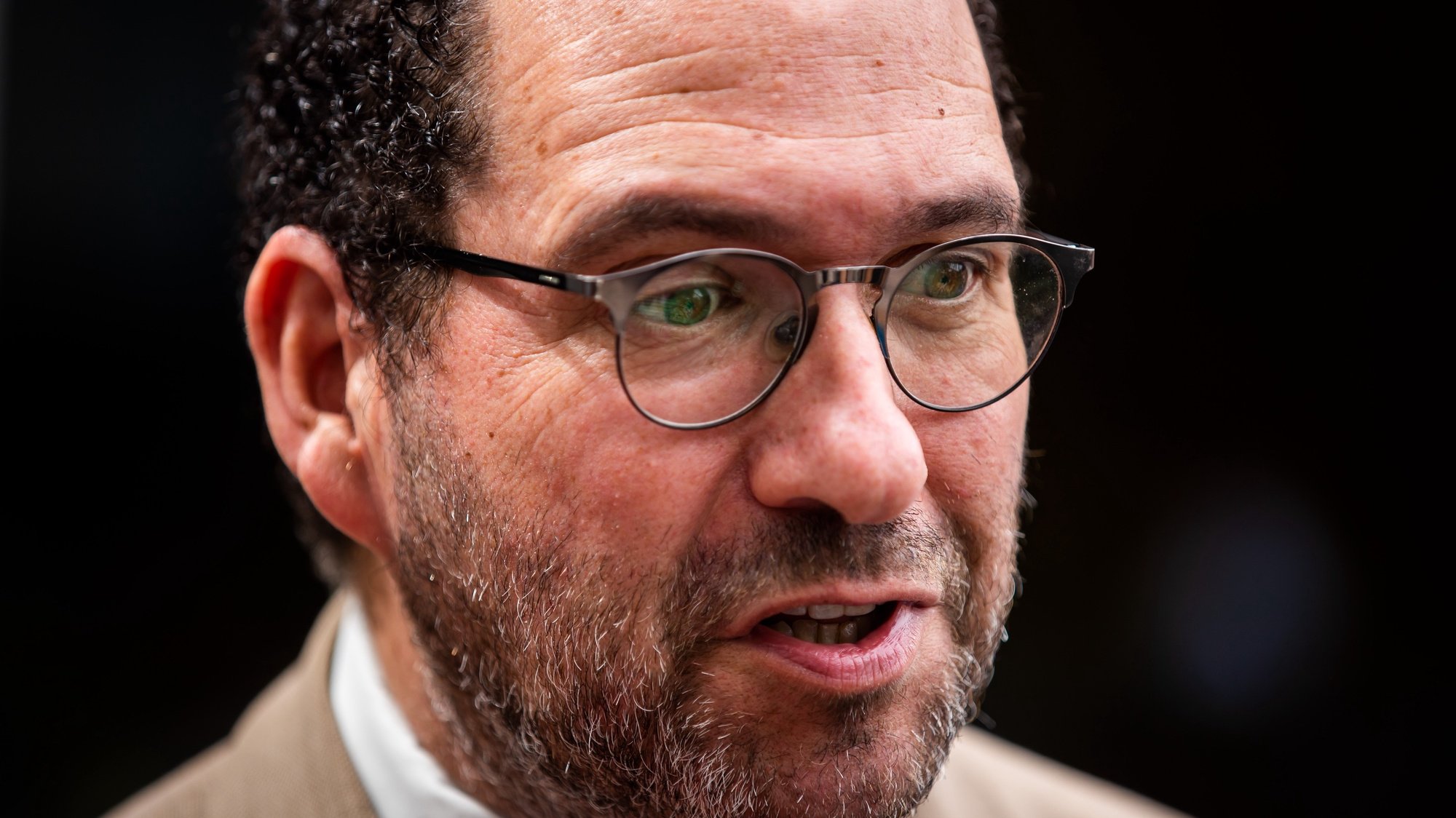The Minister of Education defended this Tuesday in Santa Maria da Feira that it is time to talk about Portuguese schools for their successes and for promoting “education for peace”, which has never been as relevant as today.
João Costa addressed these issues at the opening of the II National Meeting on Autonomy and Curriculum Flexibility, which this morning brought together some 700 people linked to the national education system at the Europarque congress center, in the aforementioned municipality of the Aveiro district.
Enough of painting a portrait of the Portuguese school that does not correspond to reality. It seems that they are always looking for what is going wrong, ignoring that every day in our schools there are 1,300,000 children learning and 100,000 teachers teaching, and that things are going well,” he stated.
For the governor, the greatest evidence of this success is expressed in quantifiable results: “We have historical levels of early school leaving, in a rapid and sustained reduction. We have historic levels of academic success and [esse percurso] With the work of reducing apprenticeships, we do it with this motto (…) of being increasingly demanding in terms of the quality of apprenticeships”.
The minister said that “the time for the tap-and-run curriculum is over, take it today, load it tomorrow, forget it the day after tomorrow”, claiming that, at present, schools propose “a much more challenging and ambitious curriculumin which they teach not only things that are learned and known, but also reasoning, problem solving, [a capacidade de] think critically and create.
It was in this context that João Costa highlighted “the important role of education for peace”, a topic whose approach, in the event program, was also reserved for the Minister of Defense. “We live in strange times, times of war, a war that returned to Europe when we thought it would be impossible,” said the ruler.
Considering that students have been “bombarded every day with news of war,” the official said: “It has never been more relevant to bring peace into the vocabulary of schools.”
João Costa then related educational success and his role in the so-called “social elevator” with the issue of mental health in schools, regarding the study “School Observatory: Monitoring and Action – Psychological Health and Well-being”, which, commissioned by The Ministry of Education and with the participation of several entities, revealed this week worrying data about the survey of more than 8,000 students and 1,400 teachers from preschool to 12th grade.
“The main challenge continues to be equity. Despite all our successes and transformations, we still have the Socioeconomic inequalities as the main predictor of failure”, said the minister, admitting that “many of the causes are outside the school”, but assuring that “success is built outside and inside” educational establishments.
Recommending that school flexibility be seen “as a tool for better learning and more inclusion”, João Costa pointed to the study of emotional well-being in an educational context as one of the new instruments he intends to use to support his Ministry’s decisions. on specific indicators “and not on laxity or opinions”.
“Understanding that mental health was strongly impacted by the pandemic, knowing that mental health is a predictor of how we learn, means having the responsibility to collect this data and we will do it periodically, every two years,” he announced.
In the same sense, two other measures were already influenced by the conclusions of the aforementioned study: “We decided to expand the personal, social and community development plans for the next school year, which in the meetings we had with the directors of the schools were repeatedly referred to as having a big impact. Also, in partnership with the Calouste Gulbenkian Foundation, we will train schools with scientifically validated materials to work with these dimensions.”
João Costa insisted that it is no longer necessary “to go to distant countries to see a modern and contemporary educational system” because “the Portuguese public school does a lot and very well”, but warned that mental health is not a complementary issue to the program. teaching. “This is not outside the curriculum, this is the curriculum, because when we work on motivation, we are working on the desire to learn”, he concluded.
Source: Observadora
